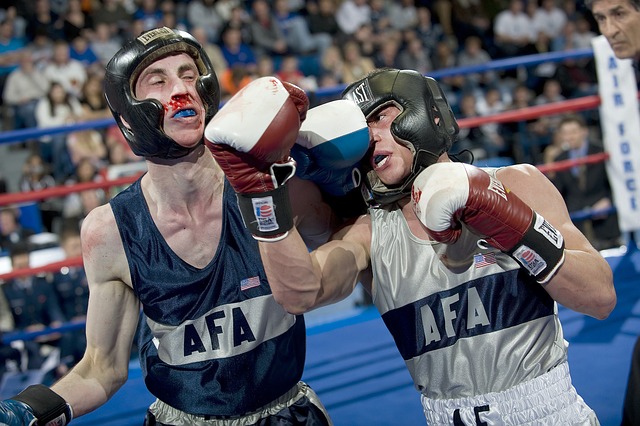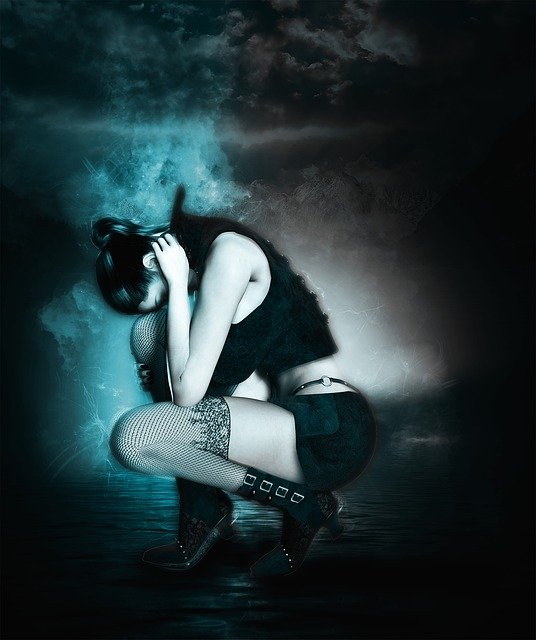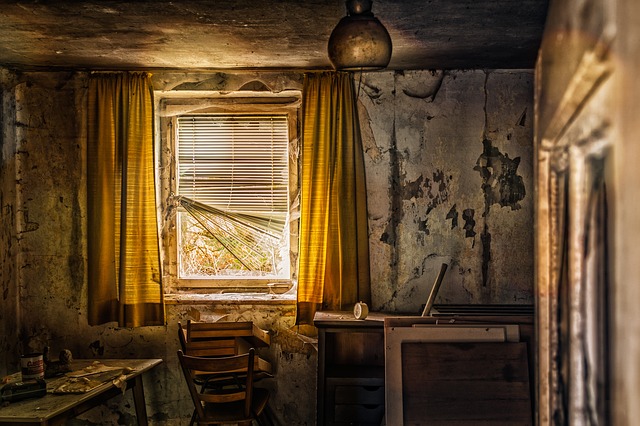Do my relationships often end in polarity?
From the archives, a never before shared essay. Sometimes you have to get far enough away from a piece or situation to share it.
I was asked this. My immediate answer was no, and that is the correct answer, but the question stayed with me.
I tend to have one or two close friends at a time, and several friends who reappear in my life when they are most needed. As an introvert with social anxiety, this has served me well. In fact, in response to the question I did an inventory of the close friendships I’ve had throughout life to discover that nearly all of them are still my friends. And despite thinking for years that I make better friends with men, all of them are women.

This came back to mind as I read Roxanne Gay’s rules for female friendship. Gay does away with myths about women being catty and competitive and their relationships fragile. Buying into those myths is choosing those outcomes. She tells us to stop drinking that Kool-Aid and move on, because women’s friendships can be just as hardy and long-lasting as any other relationship. Instead, she says, put the time into honesty and communication.
I have walked away from numerous relationships in the early stages because the other party was unwilling to engage me in open, honest communication. I took a break from one relationship when I couldn’t bring myself to communicate after learning the friend was harboring a truth that was antithetical to mine. And I have cried halt on exactly one relationship after trying to communicate for months and finding that, no matter how much I willed it otherwise, the attempts were causing me actual physical harm.
I have survived my share of pain, but I believe having to end this relationship was the most painful best choice I’ve ever made. Why? It comes back to the question of relationships ending in polarity. The reason I’ve worked hard on compassionate communication in my relationships is because I hate drama. And I hate drama because I was a victim of violence that centered around my emotionality. I was forcefully told that my emotional reactions were “bad” in the most grandiose, hyper-aroused terminology my abusers could come up with. I was told my experience of what I was enduring wasn’t my experience. I was told I was the cause of my pain, that it was my fault I was hurting, and I was made to believe it. I was manipulated.

That’s what drama is—it’s pitching a fit to get your way by hook or by crook without care for who you are hurting in the process. It is selfish and careless. It is about making noise. It is about controlling the situation through the drawing of attention. So when I see drama brewing, I do my best to head it off at the pass by opening a conversation. And when I can’t bypass the drama, I bypass the dramatic person.
But let me back up. Because I’m not saying this person is dramatic or used drama. I’m saying that my trauma around drama was brought into the relationship. It created a toxicity I couldn’t recover from with love or words.
This shocked me. It took me several weeks to begin to understand why I was experiencing an extreme traumatic response far worse than any single incidence of violence in my life. Actually, the response I was having was akin to every violence done to me rolled together into one persistent reaction. I thought it I just plowed through, I could change what was happening. To do so I had to ignore that disengaging ended the reaction and healing would begin. Reengaging ignited the reaction and I broke down. In another word, I was experiencing polarity.
There was no middle ground. I was either in the trauma or out of it. Eventually, and with the help of therapists, because I’ll be damned if I just walk away from any relationship I’ve invested myself in, I accepted that right now, the relationship was not recoverable. And because I had to take a giant step away, it may not ever be recoverable.

Here’s where the toxic pattern comes in. My abuse conditioned me to value other’s experiences above my own because mine can’t be trusted. I assume I’m wrong and I feel intense shame for it. I am very conscious of this. It has been a problem for me in many relationships, although I’d always been able to identify and resolve it. This time, though, I didn’t see it. I was so intent on not hurting the other party, of keeping up my part of the bargain to be there for them (because they were going through a hard time), that I stopped checking in with myself altogether. That is, until my body tried to shut me down.
I got sick from being constantly triggered.
Compassionate communication happens when we attend first to our own needs in order to meet others in a safety. I wasn’t safe for me. I couldn’t communicate with anyone else because I wasn't communicating with myself.
Flash forward to today: Now I check in with me first. I am hesitant to go "all in" when starting new friendships, but when I find a safe, positive fit, I begin building the trust. I also take care of myself first, even when I want to be there for others. I have much better friendships, much greater relationships, and significantly more joy.
I hope you find the same.
Recent Posts
- How I Rang in the New Year (life)
- 7 Day Black and White Challenge: Day 7 (sevendaybnwchallenge)
- How to Set and Achieve Long-Term Goals in 2018 (motivation)
- Remember Who You Are as the Year Rolls Over! (life)
- Keeping Freedom Safe (poetry)
- 7 Day Black and White Challenge: Day 6 (sevendaybnwchallenge)
- Torch Line (poetry)
- Dining Room Before and After with Thanks to the IKEA Gods (life)
- 7 Day Black and White Challenge: Day 5 (sevendaybnwchallenge)
- Please Help Me Create a Self-Care Retreat--I Need Your Ideas! (life)
- 4 Pro Tips for Getting Rid of Your Kids' Stuff without Them Realizing You Are the Worst (life)
- 7 Day Black and White Challenge: Day 4 (sevendaybnwchallenge)
- A Day Well Spent Is a Day . . . (life)


This desire to help others may well stem from the abuses of the past, but I hazard that it is also part of your generous and kind nature, which is fabulous. Looking out for others, even at the expense of ourselves is something the world needs more of, but definitely with the understanding that we can not give what we do not have. The tendency toward sacrificial giving is beautiful, but can be self destructive, especially when the recipients have no intention or lack the ability to give back likewise. If we are not strong, how can we strengthen others? Being told that the things you are enduring are your own fault is toxic and evil. It takes a narrow minded fool to be so unable to comfort and support those who are hurting. Our ability to understand the nature of someone's hurt is not a factor in the fact that they are in pain. Our imagination that we would not suffer under similar circumstances reveals a profound misunderstanding of human emotion. Drama of any sort should be avoided unless we are at full strength and feel we are able to be one sided givers in a rescue situation. I find myself engulfed in human drama most the time, and I try hard to tread water so I can be supportive, but often feel my head go under. Because of this, none of the involved are allowed to be true friends. I can't engage that intimately because I need to know I can swim away when necessary. Just like a life guard learns that when a victim tries to climb on them in the water, threatening the life guard, you go under water and swim away, because that's the last place a drowning victim wants to go. I have few friends, and fewer good friends. It is sad in one way, but it keeps me from feeling obliged to participate in shallow, meaningless discourse. My few good friends know I would go to the ends of the Earth for them... even to the point of death. Such privileges must be offered carefully. In you, your strength is your weakness. Kindness and sympathy and empathy and caring and love can be crippling.
This: Looking out for others, even at the expense of ourselves is something the world needs more of, but definitely with the understanding that we can not give what we do not have. The tendency toward sacrificial giving is beautiful, but can be self destructive, especially when the recipients have no intention or lack the ability to give back likewise. If we are not strong, how can we strengthen others?
And swimming away.
Yes yes yes. 100% upvote.
I believe before making any friendship is good we build trust for them first
That is a healthy point of view.
“My abuse conditioned me to value other’s experiences above my own because mine can’t be trusted. I assume I’m wrong and I feel intense shame for it.” This hit me particularly hard. I’ve not experienced abuse but relate to this feeling on a bone deep level. Everyone else is worthy of being believed. Of saying what they feel, but not me because I’m probably wrong. Thank you for writing this out so precisely. Xoxo
Thank you for taking the time to connect on this. It’s something that many of us work on.